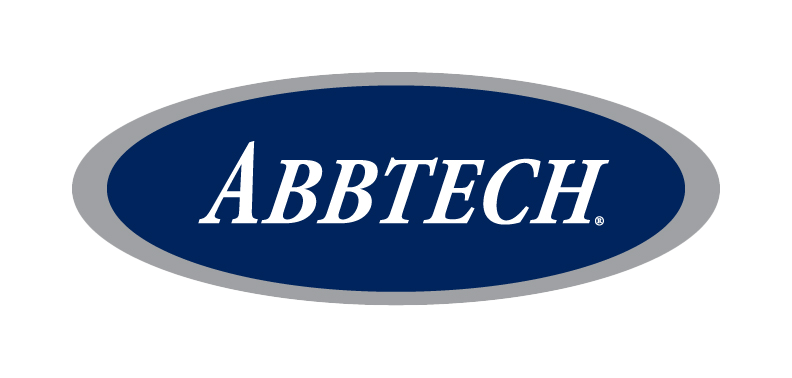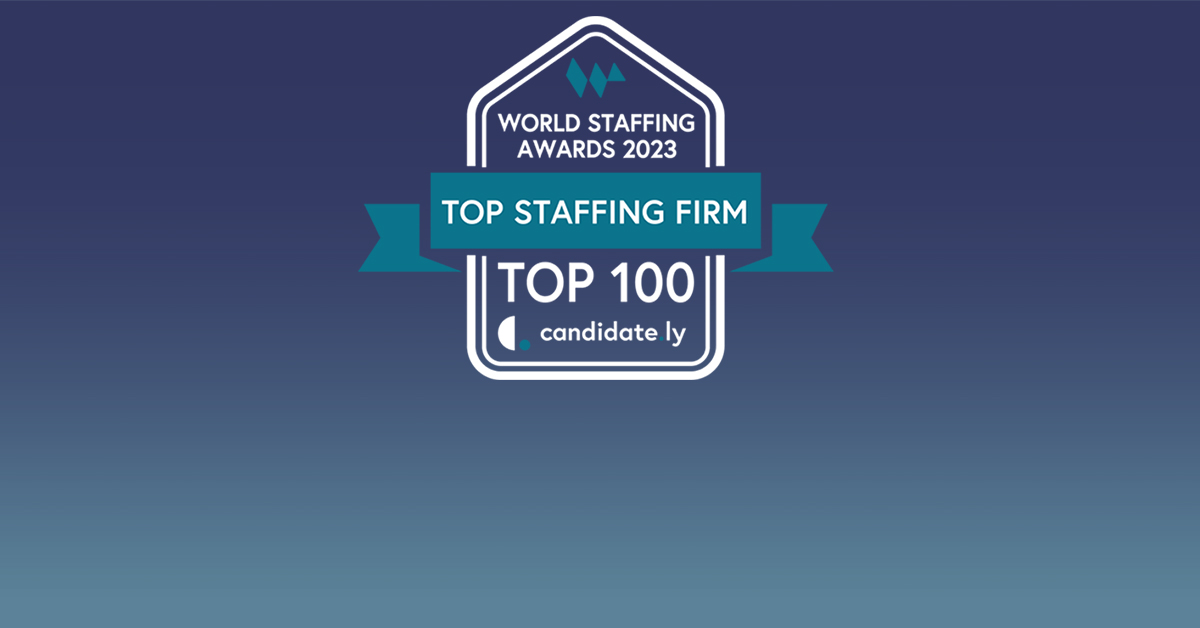Being a great coworker isn’t just about doing your job well — it’s about making everyone around you better. As workplace dynamics shift and hybrid work becomes the norm, the art of being an exceptional teammate has evolved. Let’s explore how you can become that person everyone wants on their team in 2025. Master the… Continue reading How to Become the Best Coworker Possible in 2025
Tag: Job Search
Stuck in a Job Rut? Three Questions to Help Get Yourself Un-Stuck
Feeling stuck in your career is a common experience many of us face at some point. You may feel unfulfilled, lack motivation, and struggle to see a way forward. But there is hope! By asking yourself a few vital questions, you can gain clarity and start taking steps towards a more satisfying career path. Reflecting… Continue reading Stuck in a Job Rut? Three Questions to Help Get Yourself Un-Stuck
How Can Technical Professionals Improve Their Job Security?
Staying relevant, upskilling, and positioning yourself as an indispensable asset are critical to advancing your career.
Mechanical Engineering Careers: How to Stand Out Against Your Peers
This article will explore the key strategies and skills that can set you apart, from mastering cutting-edge technologies to honing your soft skills and highlighting relevant hobbies.
What is a “Perfect Job?” Does It Actually Exist?
The perfect job is a deeply personal concept. While it’s unlikely to find a job that checks every box and makes every day feel like a dream, there are roles out there that align with our values, play to our strengths, and bring us a sense of purpose and fulfillment.
Passively Job Searching? Three Tips for Staying Prepared at All Times
Passively Job Searching is a state of professional openness in which you remain receptive to intriguing openings without dedicating hours each week to applying.
What is a Government Public Trust Security Investigation?
A government public trust security investigation is a vital tool agencies use to ensure that only the most trustworthy and reliable individuals are entrusted with these responsibilities. By rigorously examining an applicant’s background and assessing their character, integrity, and suitability for a role involving public trust, these investigations help protect against the infiltration of untrustworthy individuals who could exploit their access for malicious purposes.
Career Spotlight: Software Engineers
Have you ever wondered what it takes to succeed as a software engineer? From coding languages to career growth, we’re spotlighting this in-demand profession. Keep reading if you’re ready to turn your tech talents into a rewarding career. What is a Software Engineer? Software engineers design, develop, and test the software programs that power our… Continue reading Career Spotlight: Software Engineers
Project Management in the 20th Century: Trends, Challenges, and Opportunities
In this blog, we explore the historical trends, face the challenges head-on, and identify the opportunities that have shaped project management over the years.
Three Strategies to Improve Your Job Security
It is crucial to take proactive steps to enhance job security. Here are three strategies to improve your job security.
Job Market Insights: The Most In-Demand IT Certifications
IT professionals are continuously seeking ways to stay ahead in their career. One proven method is acquiring IT certifications that are in high demand.
Negotiating Strategies to Consider Before Accepting Any Job Offer
In this blog, we’ll discuss the importance of salary negotiation and review strategies you should consider before accepting any job offer.
How to Move Forward After Constructive Feedback
If the idea of receiving constructive criticism makes you uncomfortable, you’re not alone. In this blog, we’ll look at ways to maximize constructive feedback and ensure success moving forward.
Recent Graduate? Here are 3 Tips For A Successful Job Search
Are You a Recent Graduate? Here are 3 Tips for Kicking Off a Successful Job Search
Laid Off? Bouncing Back in Today’s Market
If you’ve recently been laid off, you’re likely not sure what to do next. Let’s look at some valuable tips that can help you.
5 Tips to Get Your Good Work Noticed on the Job
Getting noticed at work may seem difficult, but there are proactive ways to get yourself out there and get your accomplishments in the spotlight. This blog will break down five tips to get your good work noticed and get you closer to leveling up at work.
Hobbies To Put On Your Resume While Working in Engineering
It is a great idea to put hobbies on your resume. Let’s take a look at a few you should consider adding to your resume.
ABBTECH Named Among Top Staffing Companies
World Staffing Awards has named ABBTECH Professional Resources, Inc (ABBTECH) as one of the Top Staffing Companies to Work for in 2023. The award, presented by Candidate.Ly, recognizes superior achievement in performance and culture by top staffing companies. This year’s winners were honored during the World Staffing Summit, which took place on January 24, 2023.… Continue reading ABBTECH Named Among Top Staffing Companies
Improve Your Time Off with these 4 On-The-Job Hacks
Scheduled time off can lead us worry about the work that will be waiting when we return. Your PTO should be relaxing and restful. In this article we will discuss four tips and tricks to help you improve your time off make and your PTO more enjoyable.
Transforming an Under Performing Employee
If you feel like your team is suffering because of an underperforming employee, you have to consider why it’s happening and what you can do to manage it. Try these five steps to assess the situation and transform an underperforming employee:




















